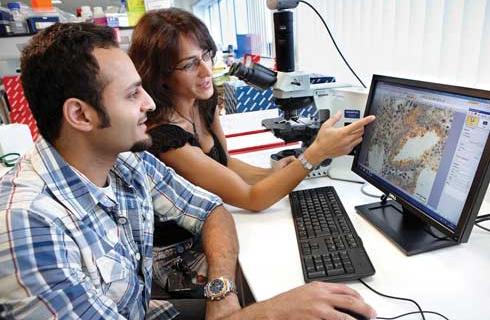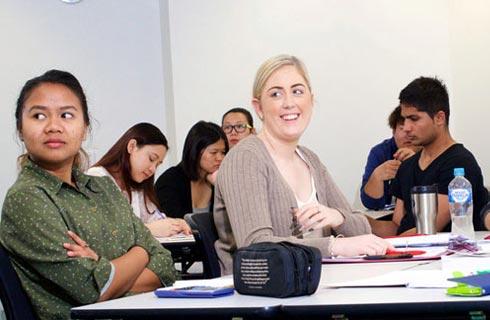Bachelors of Journalism and Bachelor of Arts - Political Science [Extended Major]
课程简介
Journalism is an exciting occupation that allows you to meet many different kinds of people and to travel. The basis of journalism is information - discovering, collecting, assembling, analysing and presenting information. To do this effectively, journalists require highly developed skills in language, a good understanding of the media, an interest in current affairs and a broad general knowledge. By also studying the BA, students graduate with highly developed skills in written communication, problem-solving, critical thinking and interpersonal understanding. The BA allows students to choose from a wide variety of majors to either complement their journalism studies (such as Economics, International Relations, Public Policy or Popular Music) or to broaden their knowledge in another field (such as a language, Criminology or Psychology), thus expanding their opportunities to work in different areas of journalism.<br><br>The extended major in political science will give students an in-depth understanding of competing visions of society and global complexity; power, authority and regulation; conflict and cooperation in democratic societies; and political identity. It will provide students with an in-depth knowledge of ideas, ideologies, formal and informal institutions, political culture, participation and citizenship, representation and democracy. Graduates of this extended major will be able to practice democratic problem-solving, exercise capacity for independent thought and decision-making, skilfully analyse, demonstrate individual and collaborative written and oral communication skills, understand and engage with collective decision making, locate their own political identity and values, assess the plausibility of facts and arguments, identify core assumptions that animate political actions, and translate learning into policy, engagement and impact. Graduates of this extended major will be adaptive, able to view problems from multiple vantage points, critical thinkers, and active citizens who are confident in their capacity for political leadership.
展开




































